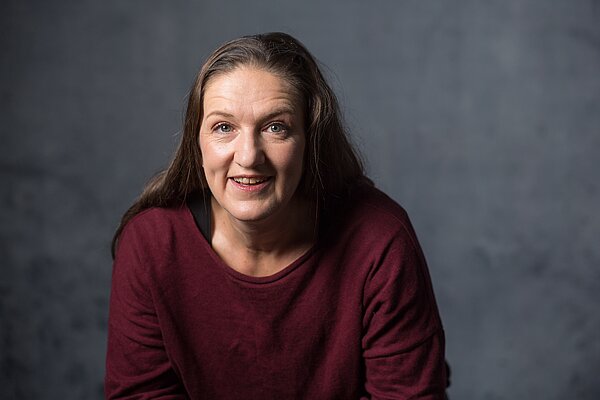We welcome Professor Ines Dani to the Faculty of Engineering, holder of the Chair of Generative Manufacturing Technology.
Editorial team: Congratulations on your appointment as Professor of Generative Manufacturing Technology at the Faculty of Engineering at HTWK Leipzig. Can you briefly explain the areas of responsibility associated with your professorship?
Professor Dani: Thank you very much! I am delighted to be able to take over the field of production engineering at the HTWK and to be able to contribute my experience in additive manufacturing. In addition to a wide range of manufacturing processes, production engineering also includes the associated machines, tools, measurement technology and quality assurance. Students should be able to design and control processes and associated manufacturing systems in an efficient, sustainable and high-quality manner - from the component to the entire production chain.
The professorship offers the following modules for the degree programmes Mechanical Engineering, Energy, Building and Environmental Engineering and Industrial Engineering and Energy Technology:
- Fundamentals of production engineering
- Machine tools
- Generative manufacturing
- CAM
- Computer-aided manufacturing
Editorial team: How did you decide to specialise in this area of research and teaching? Did you already know what path you wanted to take before you started your studies?
Professor Dani : Studying physics gave me the opportunity to pursue my curiosity scientifically.
My goal was to develop new processes and products. After graduating from the then TU Magdeburg, I was able to continue my research at the Chair of Vacuum Physics and Technology for a few years, including in a project to develop the ITER fusion reactor. I remained involved in plasma physics, initially as part of my doctorate at Chemnitz University of Technology on the monitoring of a coating plasma at very low pressures. After my doctorate, I was able to set up a working group at the Fraunhofer IWS in Dresden, which used novel atmospheric pressure plasma sources to coat and etch solar wafers or stainless steel strips. Since 2010, I have been interested in 3D printing and its various processes. We used the spraying of inks on a nanometre scale and the dispensing of self-developed pastes to print flexible polymer-based thermoelectric generators, among other things. After I moved to the Fraunhofer IWU in Chemnitz, laser-based melting of metal powder was added for the construction of components with complex geometries, for example for filigree heat exchangers. I was also responsible for the entire field of lightweight construction, from the production of metal foam to the pultrusion of fibre-reinforced profiles.
I came into contact with Prof Fritz Peter Schulze, my predecessor at the professorship, through the joint supervision of a master's thesis and through the network for additive manufacturing Building 3D e.V., for which I had been working as network coordinator since 2024. After making sure that physicists are also welcome at the Faculty of Engineering, I am now very happy to pass on my wide-ranging technological experience to the students and awaken their interest in innovative processes.
Editorial team: What skills and interests do you think students who decide to study engineering, and mechanical engineering in particular, should have?
Professor Dani: They should have an understanding of technology and science and be open to new developments. Practical skills from a relevant apprenticeship or hobby certainly make it easier to get started.
Editorial team: What new projects would you like to realise in the future?
Professor Dani: The topic of multi-material 3D printing is at the top of the list. This allows material properties to be combined in one component, additional functions to be integrated into structural components, complex components to be realised without time-consuming assembly and, last but not least, resources to be saved through lightweight construction and the use of recycled materials. To this end, the necessary system technology is to be developed together with partners, material combinations evaluated and new applications opened up.
